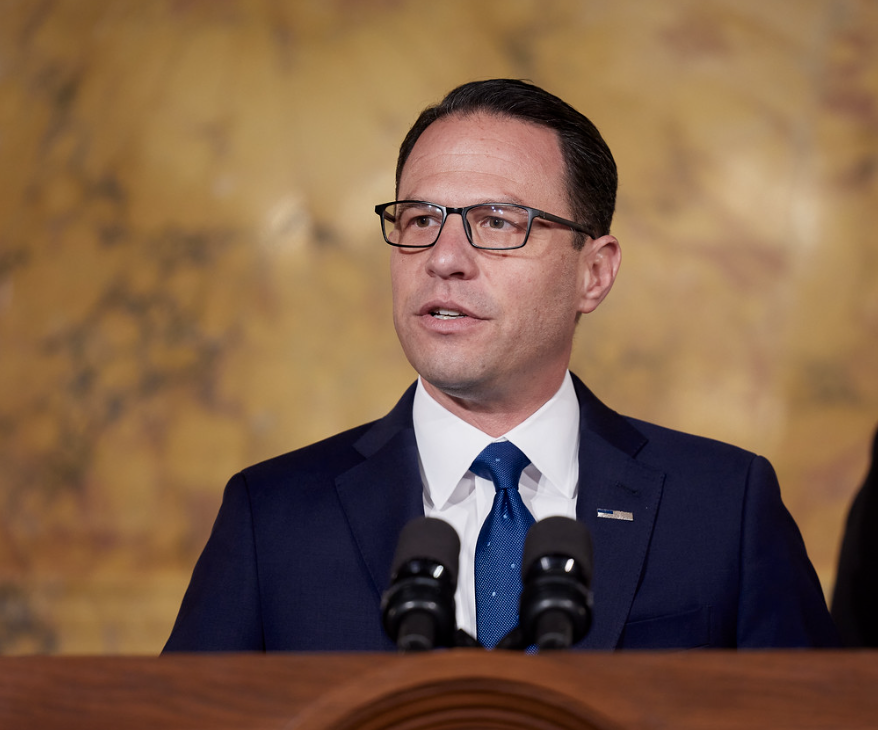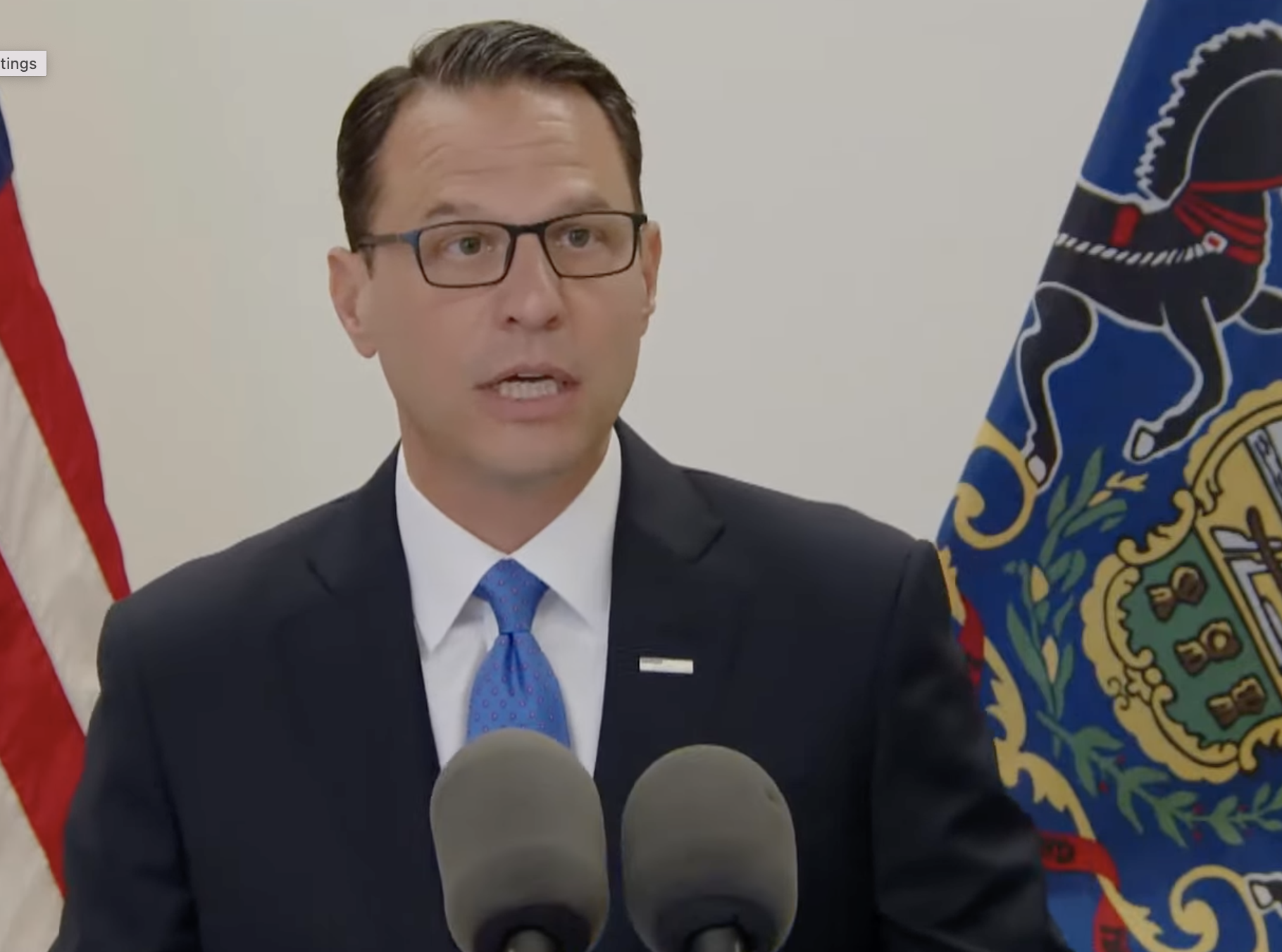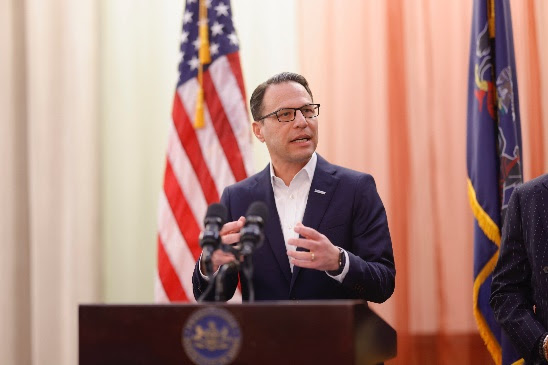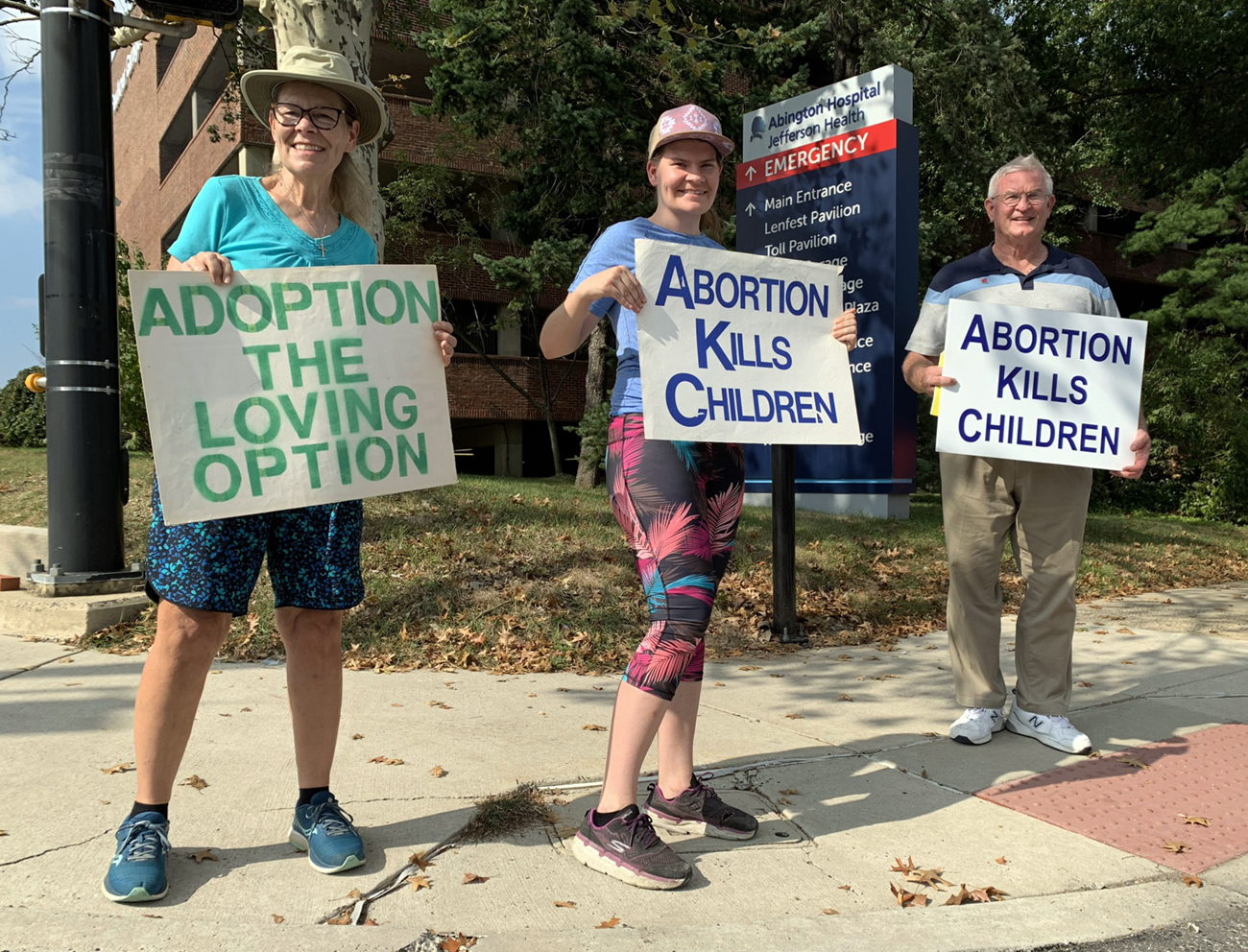After a contentious, late-night session on Wednesday dominated by Democratic political maneuvering, House Republicans held a press conference Thursday to denounce the political disarray. “You don’t come to the floor as the majority leader and only get 27 votes for a bill,” said Minority Leader Rep. Bryan Cutler (R-Lancaster). “You don’t come to the floor […]






